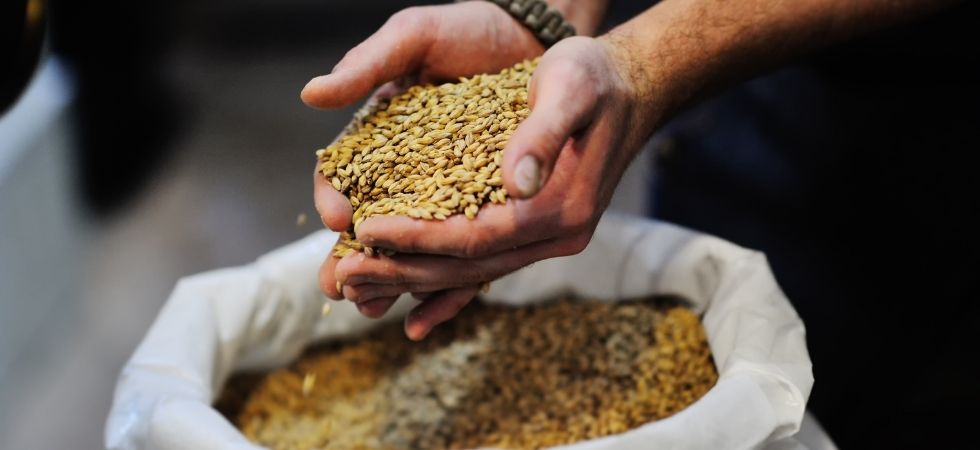The Basic Ingredients of Brewing Your Own Beer
Home brewing methods for people who want to make their own beer have become much more advanced and much more attainable in recent years. There is a surge of home brewers who want to try their hand at creating beer that is uniquely their own. If you’ve ever had an interest in making your own beer, it can actually be a fun and rewarding hobby that you might fall in love with. To get you started, here’s what you should know about the basic ingredients of brewing your own beer.
Water—The Base
As important as every other ingredient is, at its core, beer is mostly made of water. Because such a significant percentage of its makeup is just water, the quality of that water matters quite a lot. Regional beers often developed because of the water that was available at the time. Nowadays, you can source water basically from anywhere you want. Sulfate content, carbonate content, and other factors all contribute to what your beer will eventually taste like.
Grain—The Fuel
The most basic ingredient of brewing your own beer is the type of grain you use. The more traditional grains for making beer, wheat and barley, must undergo a malting process in order to create the necessary sugars that the yeast will use to create the alcohol. There are other grain choices, such as oats, rye, or corn, but all grains contribute to the beer’s final flavor, color, and scent by acting as the food for the yeast you will use.
Yeast—The Activator
Once your grain of choice produces the necessary sugars, your yeast will go to work by actually making your concoction alcoholic. Your yeast consumes these sugars and produces ethyl alcohol and carbon dioxide as a result. There is a plethora of yeast strains to choose from when you’re starting out, with some more suited to creating specific kinds of beer compared to others. Yeast is so important to the process that many brewers will harvest and reuse yeast if they like how it performs. This process is known as yeast repitching, and it can actually help you achieve a more consistent final result.
Hops—The Flavor
While every basic ingredient adds flavor to the final beer product, the hops will usually contribute the majority of the final product’s flavor profile compared to other components. Hops contain a powdery substance called lupulin, which itself contains certain oils and resins that are integral to making beer taste like beer. Hops need to be boiled to release their flavor into the beer. The amount of time you boil the hops will ultimately determine the beer’s final taste in terms of acidity and bitterness.

